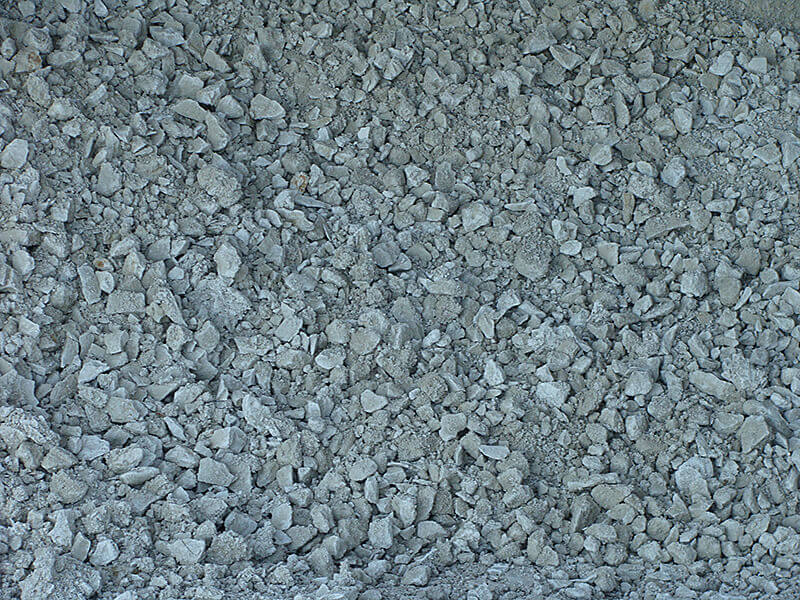Liming material having a slow, long-lasting effect, used for basic liming and maintenance liming of soils. It possesses a high neutralisation capacity expressed as a CaCo3 equivalent – 98%. It is widely used in liming of acid soils for field crops and pastures, vegetable areas and fruit tree plantations. In liming soils with screened limestone, the crops receive calcium, and calcium ions that cause an alkaline reaction penetrate the soil. This ensures movement and uptake capacity of the other nutrients necessary for crop growing and formation of the field yield. Calcium is one of the elements that takes part in the formation of cell membranes and regulates the growing of the overground parts of crops, as well as neutralises the harmful effect of the organic acids in the crop cells.
SCREENED LIMESTONE
In agriculture for liming of soils

SCREENED LIMESTONE
Completely formed cell walls increase the ability of crops to resist to pathogenic agents of fungal diseases. Calcium increases the resistance of crops to lodgings, facilitates the development of root hair of plants thereby improving the nutrient absorption capacity. For a large share of vegetables and fruits calcium is one of the most essential elements in achieving quality yield and its successful storage. Rape and vegetables have a special need for calcium supply. For cabbage and cauliflowers the deficit of calcium prevents normal formation of heads.
Dispersers of loose material are used for dispersion of the material. It has to be noted that the contents of particles coarser than 1 mm (1–20 mm) is ~ 55%. In the dispersion overlapping of strips must be ensured, so that the soil is covered equally with the fine and the coarser fraction of the material. Soil liming is one of the preconditions for successful growing of crops. By ensuring optimum soil reaction, the use of additional complex fertiliser that facilitates formation of the yield pays off.
Ask us
If you would like to receive an offer or learn more about the products of the limestone - please contact us: